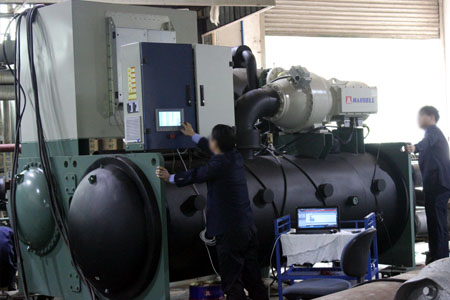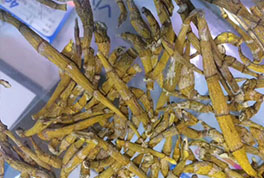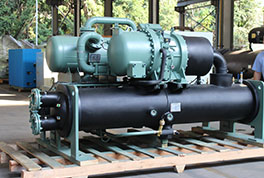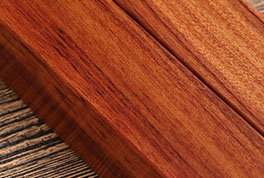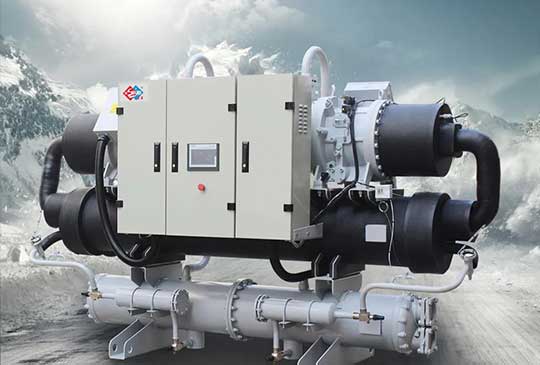1. Why do small chillers sometimes not provide optimal cooling?
No or reduced cooling can be due to a variety of reasons. Power failure, plumbing or condenser leaks, and the severity of atmospheric temperature are some of the causes.
2. What are the safety instructions for small chillers?
Like all other equipment, there are some security threats to small chillers. Try to follow safety instructions and wear proper PPE when handling
3. Is the small chiller a non-corrosive equipment?
Yes. The small chiller is made of high-grade stainless steel, making it corrosion-free.
But in some worst-case scenarios, it creates corrosion. Follow the manufacturer's proper guidelines and instructions to avoid any form of corrosion.
4. Why do small chillers sometimes emit peculiar smell?
Odor may occur due to the use of contaminated water. Remove the water and replace with new fresh water.
5. Why do small chillers need anti-vibration grounding?
Due to the constant vibration, it may move from its place and damage itself. The long-term effects of vibration can also cause some problems.
Use materials such as anti-vibration rubber sheets to keep the ground free from vibration.
6. What is the precipitation problem of small chillers?
Sedimentation is a problem in small chillers when dust and other particles accumulate on the bottom for an extended period of time.
It can cause clogging and clogging of internal parts, reducing work efficiency.
7. How to avoid precipitation in small chillers?
The main cause of precipitation is the use of water contaminated with dust and other physical contaminants.
Use treated fresh water to avoid any form of sedimentation. Regular cleaning is also helpful.





